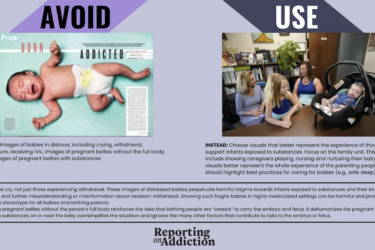
In his landmark Oral Health in America report in 2000, then-Surgeon General David Satcher reminded the nation that oral health is essential to general health. Satcher hailed progress made in the scientific understanding of common oral maladies such as tooth decay.
But at the same time, Satcher warned of a “silent epidemic” of oral disease burdening millions of Americans, including poor children and seniors, minorities and those living with disabilities. In a paper published last year in the American Journal of Public Health, Satcher revisited Oral Health in America. He praised advances in community water fluoridation and the expansion of dental benefits to children through the Affordable Care Act since his 2000 report,
But Satcher noted that the mandate spelled out in his report was far from fulfilled. “The major challenge…. ‘that not all Americans have achieved the same level of oral health and well-being’ is as relevant today as it was when the report was released in 2000,” he wrote.
Now, federal health officials have indicated that they too believe that the issue merits another look. An entry by the National Institutes of Health (NIH) in the Federal Register on July 27 announced the commissioning of a new surgeon general’s report on oral health.
“The report will document progress in oral health in the twenty years since the 2000 Surgeon General’s Report on Oral Health, identify existing knowledge gaps, and articulate a vision for the future,” said the notice, signed by NIH Deputy Director Lawrence A.Tabak.
Workforce and care delivery models have evolved since 2000, as has the understanding of disease prevention, therapeutic intervention and the relationship between oral health and overall health. The drug addiction crisis also has impacted dental patients, communities and providers in ways that need examination, the notice acknowledges.
“The report is intended to:
- Underscore the critical nature of poor oral health as a public health issue;
- Provide a comprehensive review of the importance of oral health throughout life;
- Describe important contemporary issues affecting oral health and the promise of science to transform the oral health of the nation;
- Outline a vision for future directions; and
- Educate, encourage, and call upon all Americans to take action.”
Details are expected to be available soon, according to Tara J. Broido, a spokesperson for the U.S. Department of Health and Human Services. So stay tuned.






